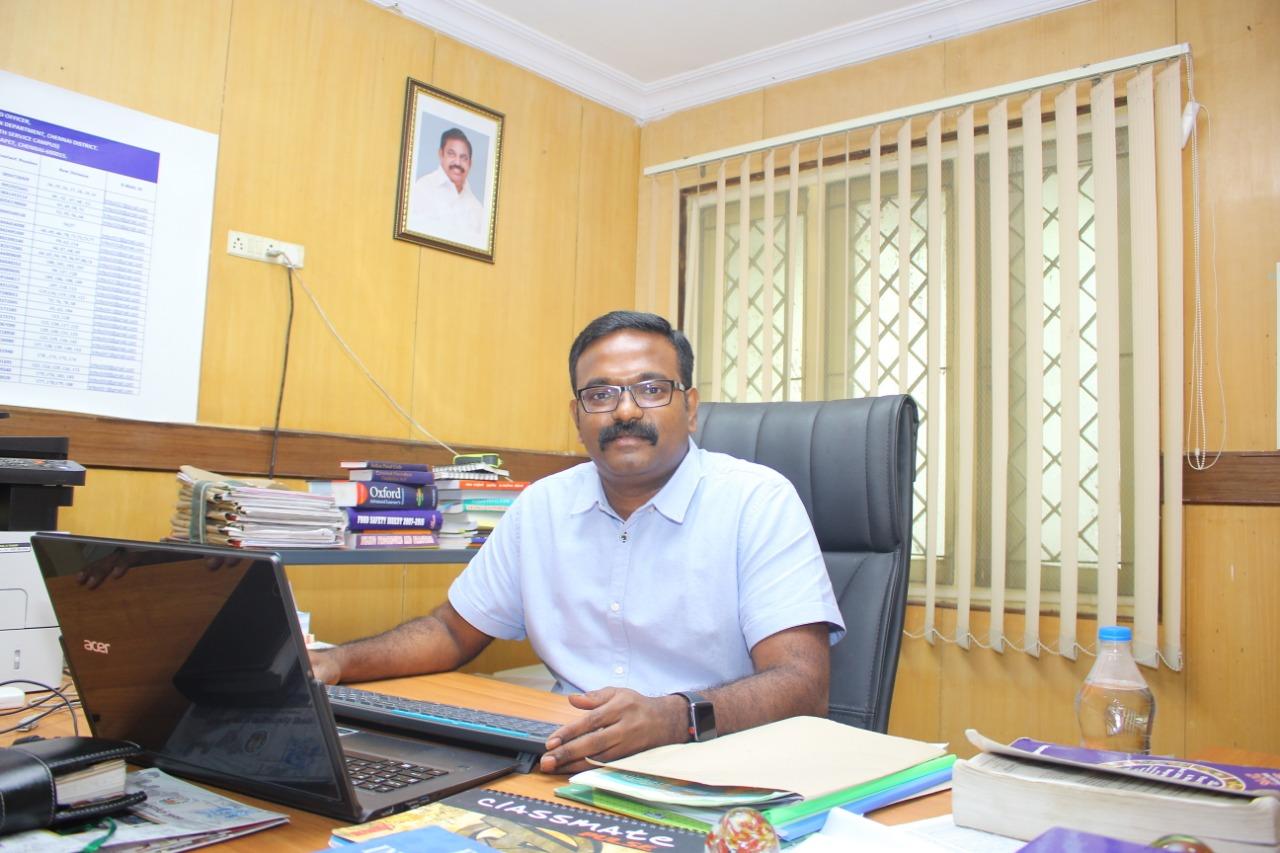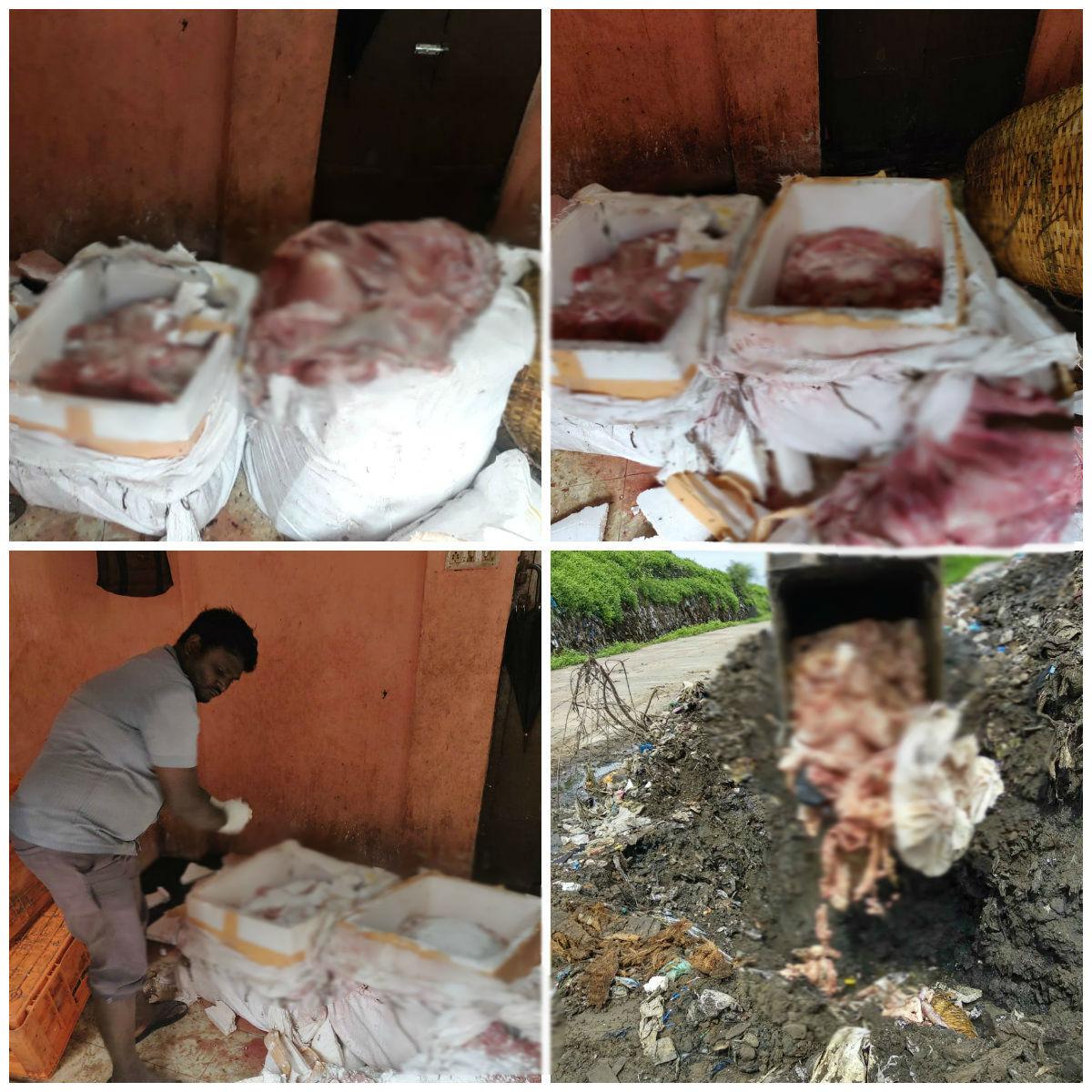The FSSAI is out to ensure that the food offered by street vendors and online aggregators meet safety and hygiene standards
Wolfing down pani-pooris being served by a street vendor is set to become more relishing if the food safety regulator has its way. The Food Safety and Standards Authority of India (FSSAI) is implementing a “clean street food hub programme”. It has identified 144 street food clusters across the country that would be jointly audited with state authorities for cleanliness and hygiene. Clusters would be encouraged to comply with certain standards and those meeting the criteria would get a “clean street food hub certificate”.
A successful example of this initiative can be seen at Ahmedabad’s Kankaria Lake area. In July, the city’s picnic spot, which has 66 vendors, became India’s first Clean Street Food Hub. A plaque with the FSSAI certification is on display here, giving much comfort to the 1.2 crore people who grab a bite from here every year. “Such certified street vending zones provide safe, tasty and affordable eating options for citizens and tourists, along with the local ambience and flavour,” says Arbind Singh, national coordinator of National Association of Street Vendors of India. “This is also a way to provide better employment opportunities for many poor people.”
While it is clear this initiative will help improve the prospects of the estimated 20 lakh street food vendors in India and give a boost to tourism, the programme is only a part of FSSAI’s larger game plan. The regulator wants to ensure that all food business operators across the country adhere to certain standards and hygiene. FSSAI also wants food served in schools, offices, hospitals and even places of worship to adhere to the standards. All this is a part of the regulator redefining its role as a mere licensing and testing body to a more transparent organisation that addresses the core issues of health and nutrition in food.
In August, FSSAI launched the Eat Right Movement, aimed at getting citizens to choose healthier food and dietary options and also ensuring food safety — from procurement to consumption and disposal. The regulator plans to rope fast-moving consumer goods companies and food companies willing to reformulate products for better nutrition, so as to address common health issues in India. FSSAI CEO Pawan Kumar Agarwal says: “We have decided to redefine our role as an organisation that helps align the expectations of key stakeholders, including scientists, testing labs, food businesses, state governments and consumers.”
As part of this realignment, the regulator had in July targeted online food aggregators. It ordered that restaurants and food business operators (FBOs) not complying with its regulations be delisted from such websites. The deadline for this exercise expired in September. FSSAI will now review the progress. “We believe that food safety and public health issues are on the top of the agenda not just for us, but also all industry players and online platforms such as Swiggy and Zomato. They wouldn’t want to risk their reputation because of non-compliant FBOs,” Agarwal says.
FSSAI issued the directive after receiving several complaints on the quality of food being supplied by FBOs listed on such platforms. Food aggregators seem to have taken the cue. Zomato, for instance, has delisted hundreds of restaurants across the 34 cities where it offers its services. “Most of our high-order volume restaurant partners already have an FSSAI licence or have applied for one,” says Mohit Gupta, CEO, food delivery business, Zomato. “We have delisted those who have failed to furnish licences. We are certain this move will not have an impact on our order volumes.”
Recognising the huge logistics challenge in cracking down on FBOs, FSSAI had extended the deadline for food aggregators to delist errant operators to the end of September. “Though all of them took up the issue seriously, we realised there were 40,000 to 50,000 restaurants on these platforms. So we decided to extend the deadline for better compliance,” says Agarwal.
After a preliminary review, FSSAI officials say they have found 90% compliance by the online platforms. They hope this initiative will also be as successful as the Kankaria Lake project.
The challenges, however, are much bigger when it comes to street food vendors. FSSAI has to first ensure that the vendors have access to clean water and a garbage disposal system, among others. All this means coordinating with multiple civic and state agencies — which is easier said than done. “Our project to bring street food vendors under our certification was started last year,” says Agarwal. “We started with a massive training programme in Delhi, covering 23,000 vendors in 40 locations. Our learning was that to bring in sustainable change and improvement in street food hygiene, we have to go beyond just training individuals and providing them with gloves and aprons, etc. We have to also work with different authorities to give better street lighting, drainage, garbage removal and safe water to the vendors.”
The outreach in Delhi has helped Dal Chand, who has been selling alu-tikkis and alu-chaat in east Delhi’s Mayur Vihar Phase 1 market for over two decades. Last year, he was trained at an FSSAI centre and got a certification, which he displays on his food cart. “I have been strictly following the hygiene and safe-food standards. It has helped me sell more,” says Chand, who had a daily turnover of Rs 6,000-8,000 during festival season.
Going beyond the streets, FSSAI has also proactively focussed on restaurants and eateries, and held regular discussions with industry bodies such as the National Restaurant Association of India (NRAI) and the Federation of Hotel and Restaurant Associations of India.
President of NRAI and CEO of Beer Café Rahul Singh says: “A major change is being introduced to ensure awareness, education and self-regulation — not only for food safety, but also towards a healthier lifestyle. For this, FSSAI has in the past 2-3 years taken steps to initiate multiple schemes across the entire food chain.
The very recent voluntary initiatives started for the industry include serving safety and hygiene rating, and menu labelling for restaurants.” These initiatives will improve food safety standards and will drive more players towards the organised sector, he adds.
FSSAI’s engagement with stakeholders has been in an inclusive manner. “Given the size and complexity of the food chain in India, many initiatives were introduced on a voluntary basis. Capacity building within the industry is being encouraged before bringing in rules and regulations,” Singh says.
Earlier this year, for example, FSSAI shared a proposal with NRAI members to declare calorie count of the food they serve. Instead of making it mandatory right away, the proposal is being rolled out on a voluntary basis across the larger restaurant chains for now. While it would be tough for smaller standalone restaurants to introduce the calorie count measure within a tight deadline, NRAI members say the step may attract more health-conscious customers in the long run.
The regulator has also partnered with various FMCG companies to ensure the “eat right” campaign is successful. “Our eat healthy campaign, with the tagline aaj se thoda kam, aims at reduction of high fat, sugar and salt foods in the diet of Indians,” says Agarwal.
Kellogg India is one of the companies that has pledged to reduce sugar by 10-15% and salt by 10-30% in its products by 2021 as part of the programme. “Full marks to FSSAI in taking the higher ground and initiating a collaborative dialogue between industry players and government bodies to achieve a healthier and more nutritious diet for Indians,” says Mohit Anand, MD, Kellogg India and South Asia.
The biggest challenge is getting the various government departments and ministries — including the food processing ministry, department of consumer affairs and the commerce ministry — to coordinate and ensure the plan is a success. As of today, however, most industry players say FSSAI is on their team and are willing to work together for a healthier India.
A street food festival was organised in Delhi in January where vendors served over 300 types of cuisine from across India. Participants were sensitised on safe-food practices, hygiene and sanitation
Ahmedabad’s Kankaria Lake area, which has 66 vendors, has become India’s first Clean Street Food Hub











